Noticia
Technological advances in Ecuador to develop early warning systems for unexpected events

The risk and disaster management undergraduate program in our branch campus in Cuenca and the National Department of Risk and Disaster Management of Ecuador, presented the talk titled "Technological Advances in Ecuador for early warnings on unfortunate events"
The event was attended by experts in the area, such as Takeo Ishikawa, Director of the JICA-JOCV program in Ecuador. He spoke about how Japan is a country where there have been several natural disasters and that they have lots of knowledge that they provide Ecuador in order to strengthen their ability to respond to these type of events. He announced that they are currently working on a digital terrestrial transmitter for early warnings.
The National Director of Risk and Disaster Management of Ecuador, Romel Salazar, reported that the National Government is committed to strengthening an early warning system in the event of a tsunami. He stressed that to reduce the gap between saving lives and losing them we must have citizens aware of the risks and tools that warn us, in this regard, he stated that Ecuador has made important progress.
Regarding the possibility of tsunamis in Ecuador, Diego Ripalda, Director of monitoring unexpected events, said that, considering that most of the large tsunamis occurred in the Pacific Ocean, sensors were located in the most prone areas. In addition, a plan has been created with safe routes for people to evacuate, flared by a system of lights to mark the paths.
What is an early warning?
Silvia Vallejo, member of the National Risk and Disaster Management team, responded by noting that an early warning system is related to the prevention of an emergency, which in turn is related to having a long-term city strategy. Therefore, it is necessary to have a team of people who identify danger through analysis, a group of people who collect this information, transmit it to the users when the threat has occurred.
Cristian Díaz, Director of the Risk Management undergraduate program, and Vladimir Robles, researcher, Director of the Computing undergraduate program in Cuenca, stated that from academia "We are convinced that within Ecuador we can generate effective tools to face these risks ", one of them is the use of artificial intelligence techniques in order to improve the processes related to risk management based on local reality. It is about collecting information from scientific databases and databases of different governmental, academic and private entities and with these data train intelligent systems that help predict risk events to support decision-making.
Contenidos Relacionados
Contenidos Relacionados
Noticias Relacionadas
Noticias Relacionadas

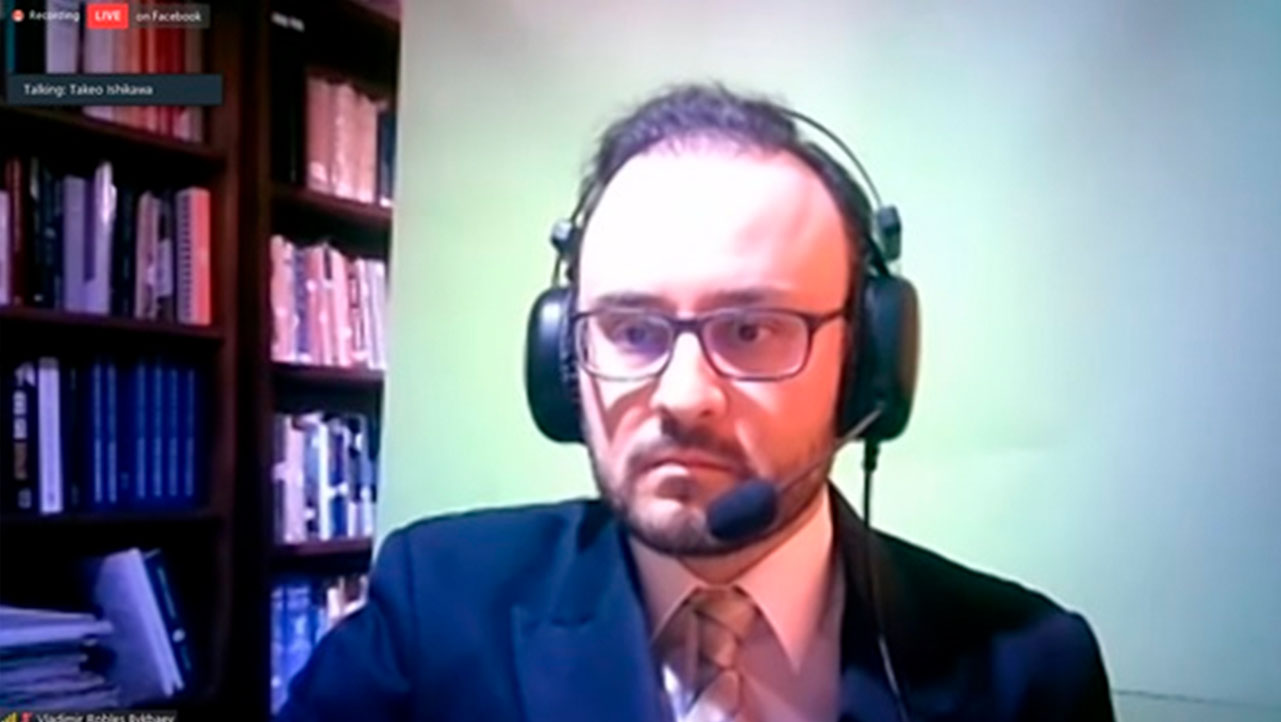
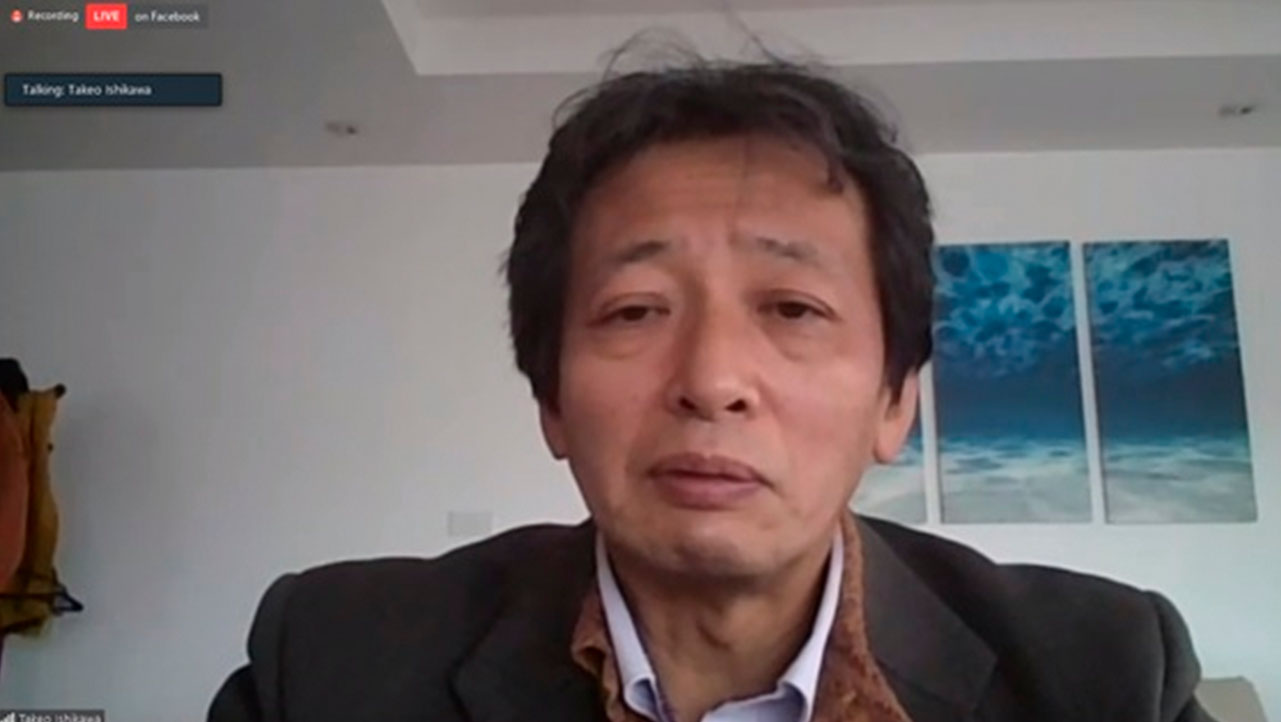
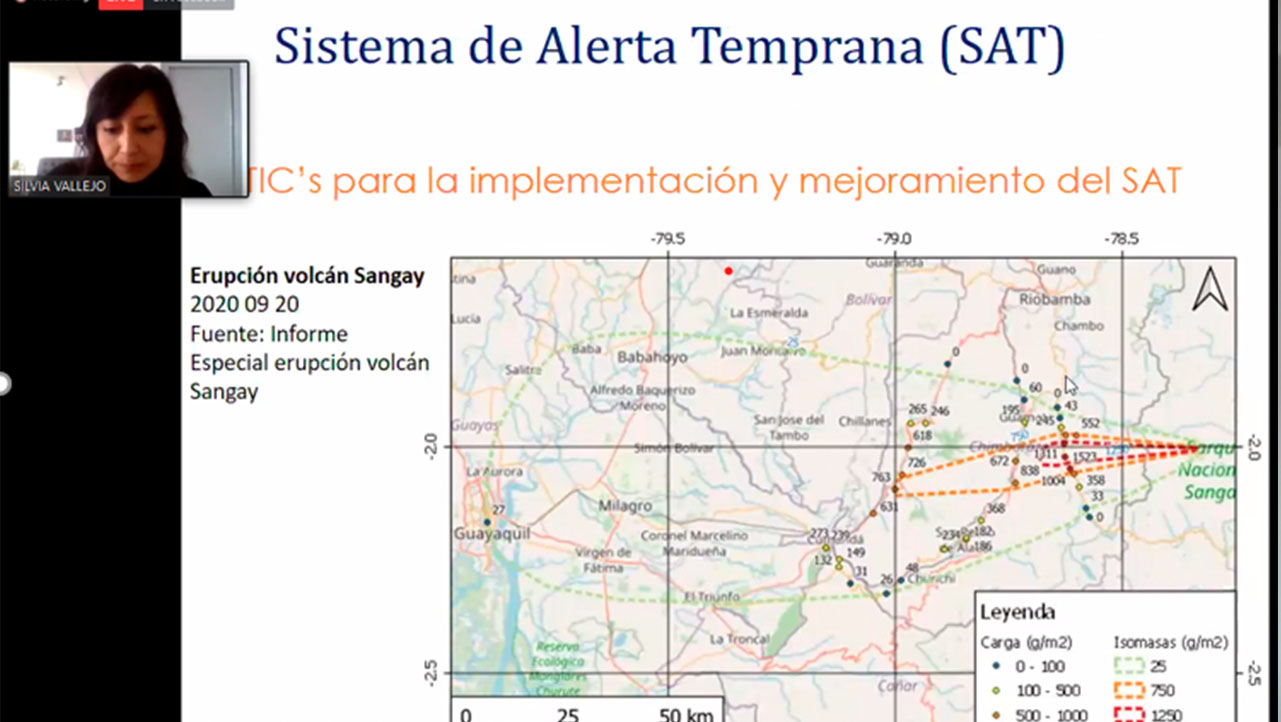
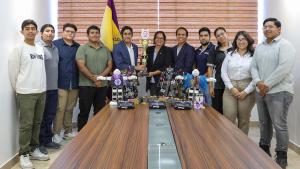
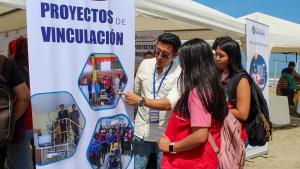
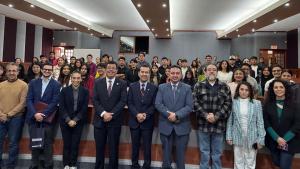

Follow us
Follow us